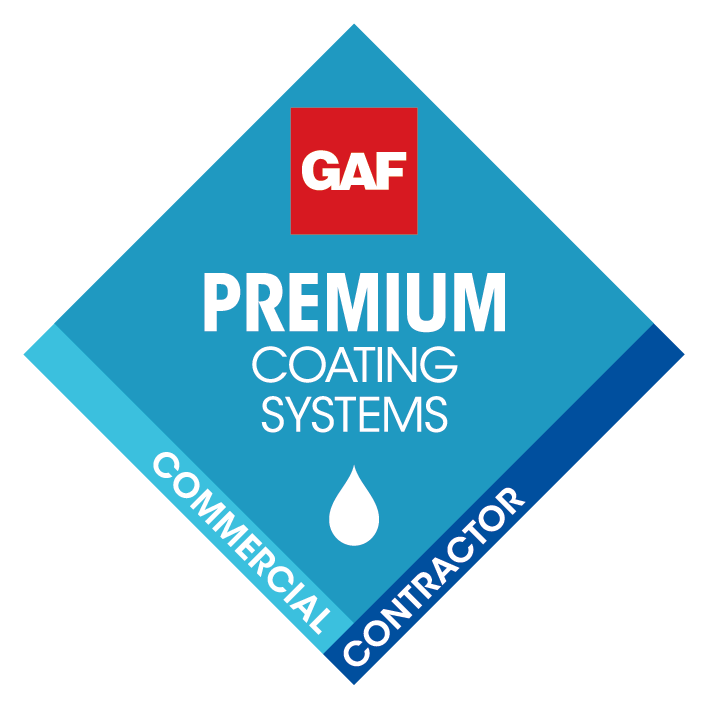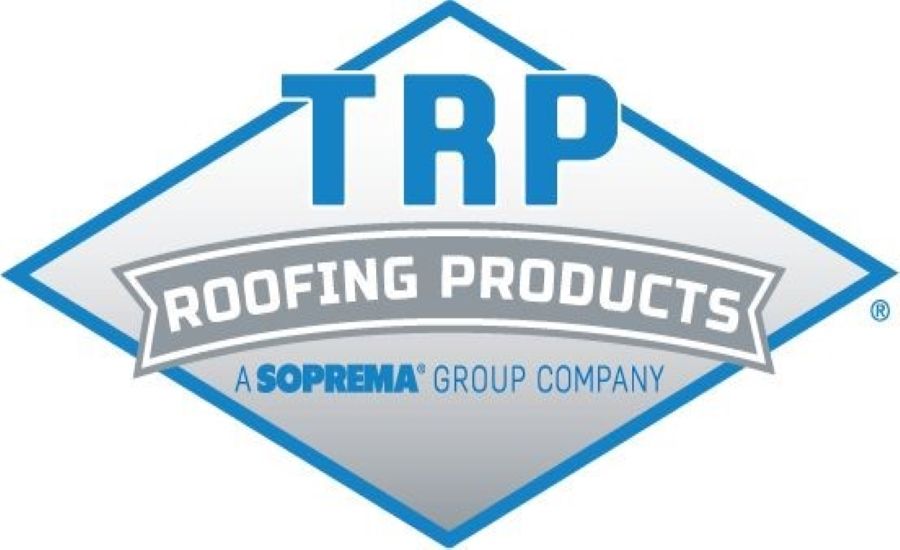Composite Roofing: Everything You Need to Know
Most homeowners don’t think about their roofs until there’s a problem. But your roof is one of the most important parts of your home, and it’s essential to understand the different types of materials before you have any work done.
Composite roofing is a popular option for many, but what is it?
Here’s everything you need to know about composite roofing.
What is a composite roof?
A composite roof is a type of roofing system that consists of two or more layers of material bonded together to form a single, strong surface.
Composite roofs are often used in commercial and industrial applications, but they can also be used on homes and other structures.
They are very durable and can last for many years with proper maintenance. They are also relatively easy to install, making them a popular choice for many homeowners.
How long does a composite roof last?
A typical composite roof will last anywhere from 20 to 50 years.
However, its lifespan depends on a number of factors, including the quality of the materials used, the roofing contractor’s installation, the ventilation and insulation of the home, the pitch of the roof, and the amount of foot traffic on the top.
In general, composite roofs are low maintenance and require little to no repairs over their lifetime, compared to other roofing options.
What Are Composite Roof Tiles and Shingles Made of?
Composite roofing shingles are made of a variety of materials, including asphalt, fiberglass, plastic, and wood.
Asphalt is the most common material, as it is durable and provides good insulation. Fiberglass is also common, as it is lightweight and easy to work with.
Recycled plastic is sometimes used, as it is waterproof and does not rot. Wood is the least common material, as it is more expensive and difficult to install.
The Pros of Composite Roofing
There are many advantages to choosing a composite roof for your home.
1. Composite shingles are eco friendly
Composite shingles are made of recycled materials, making them a more eco-friendly alternative than traditional asphalt shingles.
They’re also durable and can last up to 50 years, which means you won’t have to replace them as often.
This can save you money in the long run, as well as reduce the amount of waste sent to landfills.
2. Composite shingles look just like slate and cedar shake
Composite shingles are a popular roofing material because they offer the look of real slate roofs and cedar shake without the high price tag.
These shingles have many benefits. For one, they are much more lightweight than natural slate or cedar shake roofs, making them easier to work with and install.
They are also more durable and weather-resistant, meaning they will last longer and require less maintenance over time.
In addition, composite shingles come in a variety of colors and styles, so you can find the perfect match for your home’s exterior.
3. Composite shingles are long-lasting and durable
Composite shingles are made from various materials, which makes them more durable and longer-lasting than traditional asphalt.
In addition, they are less likely to crack, curl or split. And they also provide better protection against wind and hail damage.
4. Composite slate shingles don't cost as much as real slate
Composite synthetic slate shingles are a more affordable option than real slate for your roof. They are made to look like slate but don't cost as much.
This can be a great advantage if you want the look of natural slate roofing without the high price tag. Composite slate is also easier to install, so you can save on installation costs as well.
5. The material warranty that comes with a composite roof
The material warranty options that come with a composite roof are an advantage over other types of roofing material because it guarantees that your roof will not break down or degrade for a certain period of time.
This means that you can be confident that your roof will protect your home for many years to come.
The Cons of Composite Roofing
Despite the many pros of composite roofing, there are still some drawbacks to mention.
1. Composite shingles will be expensive
Composite shingles will be expensive because they are made of a combination of asphalt and fiberglass.
They last longer and are more durable than traditional asphalt shingles, but they come with a higher price tag.
Many homeowners are willing to pay the extra cost for the peace of mind that comes with a longer-lasting roof, but some may be deterred by the initial composite roof investment.
2. Composite shingles are newer to the roofing industry
Composite shingles are a newer product in the composite roofing industry and have several disadvantages when compared to traditional asphalt shingles.
One of the biggest disadvantages is that they are not as widely available as asphalt shingles, making it difficult to find a contractor who is experienced in installing them.
Another disadvantage is that they are not as fire-resistant as asphalt roofs, so they may not be the best choice for homes in areas with high fire risk.
What Is the Cost of Installing Composite Roofing?
Composite roofing is a popular choice for many homeowners because it is durable and has a long lifespan. However, it can be a more expensive option than traditional asphalt shingles.
The cost of installation will vary depending on the size of your home and the complexity of the project. Generally, you can expect to pay between $8,000 and $10,000 for a composite roof installation.
While this may seem like a lot, it is essential to remember that composite roofs can last up to 50 years, making them a wise investment in the long run.
How to Maintain a Composite Roof
A composite roof is a roofing system made up of multiple layers of materials. The most common type is the asphalt shingle roof, which consists of asphalt shingles layered on top of each other.
Composite roofs are also popular for commercial and industrial buildings.
To ensure your roof lasts for as long as possible, it is important to maintain it properly. Here are some tips on how to maintain a composite roof:
1. Inspect your roof regularly: It is important to do this in order to detect any signs of damage or wear. You should also look out for any loose or missing shingles.
If you notice any damage, make sure to repair it as soon as possible to prevent further damage.
2. Clean your roof regularly: This will help to prevent the build-up of dirt, debris, and moss, which can all lead to premature roof damage.
You can clean it yourself using a garden hose and a soft-bristled brush.
3. Trim trees near your roof: If you have trees near your home, it is essential to trim them back on a regular basis. Overhanging branches can damage your composite roof if they fall during a storm.
4. Repair any damage immediately: If you do notice any damage to your composite roof, repair it as soon as possible. Ignoring damage can lead to further damage, which can be much more expensive to repair.
5. Hire a professional roofer: If you are not confident in your ability to inspect and maintain your composite roof, you can hire a professional roofer to do it for you.
A professional will be able to identify any problems with your roof and carry out any necessary repairs.
Is a composite roof right for you?
A composite roof is a type of roofing consisting of multiple material layers. The most common type is the asphalt shingle roof, which consists of asphalt-saturated felt or fiberglass matting that is covered with asphalt and then granulated with stone or ceramic particles.
Composite roofs are also made from a variety of other materials, including wood, metal, and plastic. When deciding if it is right for you, there are a few things you should take into consideration.
The first is the climate. If you live in an area with extreme weather conditions, such as high winds, hail, or heavy snowfall, a composite roof may not be the best option. They are also not ideal for homes in hurricane-prone areas.
Another thing to consider is the weight of the roof. Composite roofs are much heavier than traditional roofs, so if your home is not structurally sound, it may not be able to support its weight.
If you are still undecided, you can always consult our team of professionals for your roofing project. They will be able to help you determine if a composite roof is the right choice for your home.
Final Thoughts
If you're considering composite roofing for your home, be sure to do your research and understand all of the pros and cons before making a decision.
There are many different types of composite roofing materials on the market, from natural to synthetic shingles, so it's important to find the one that best suits your needs.





















